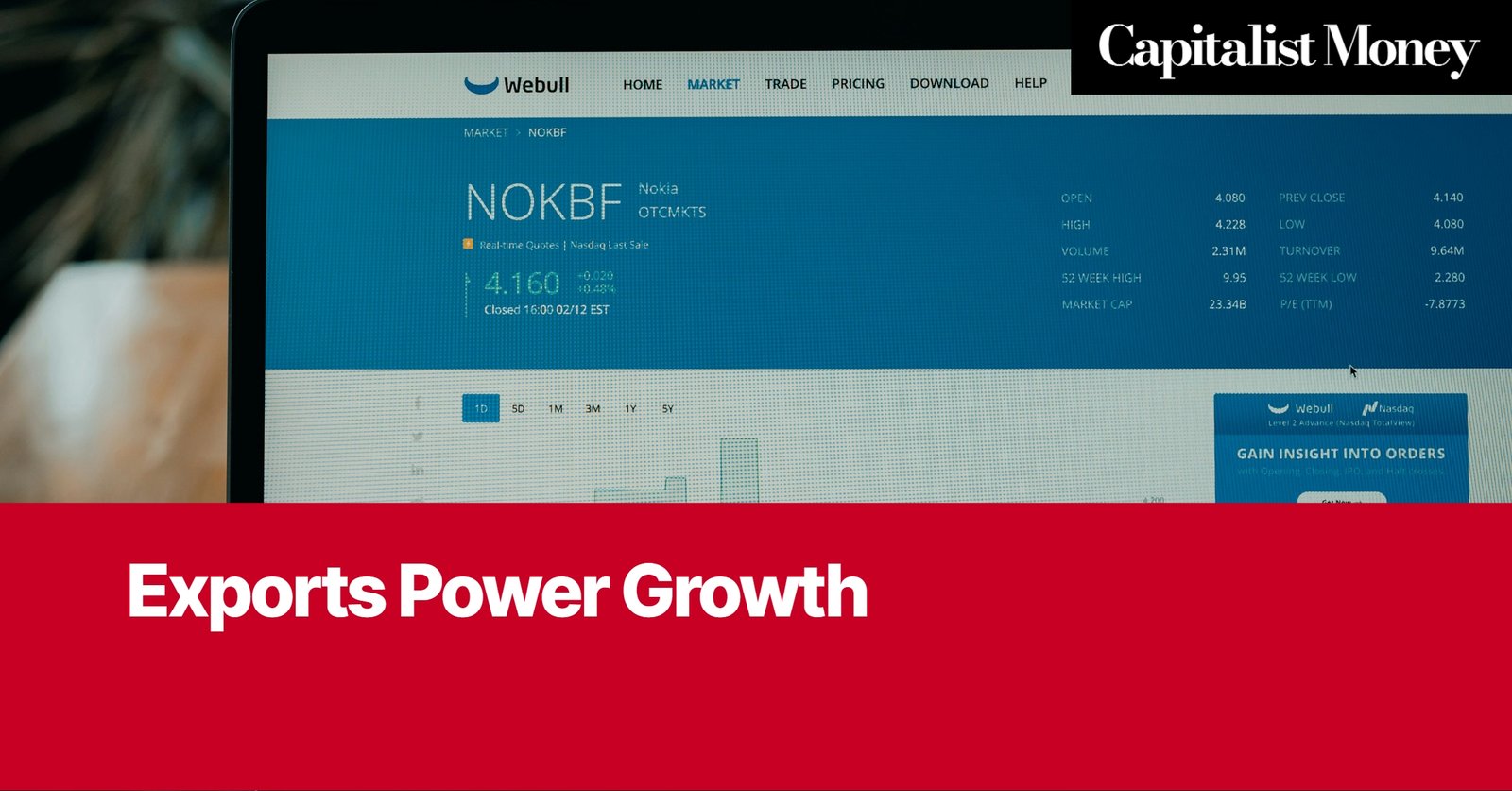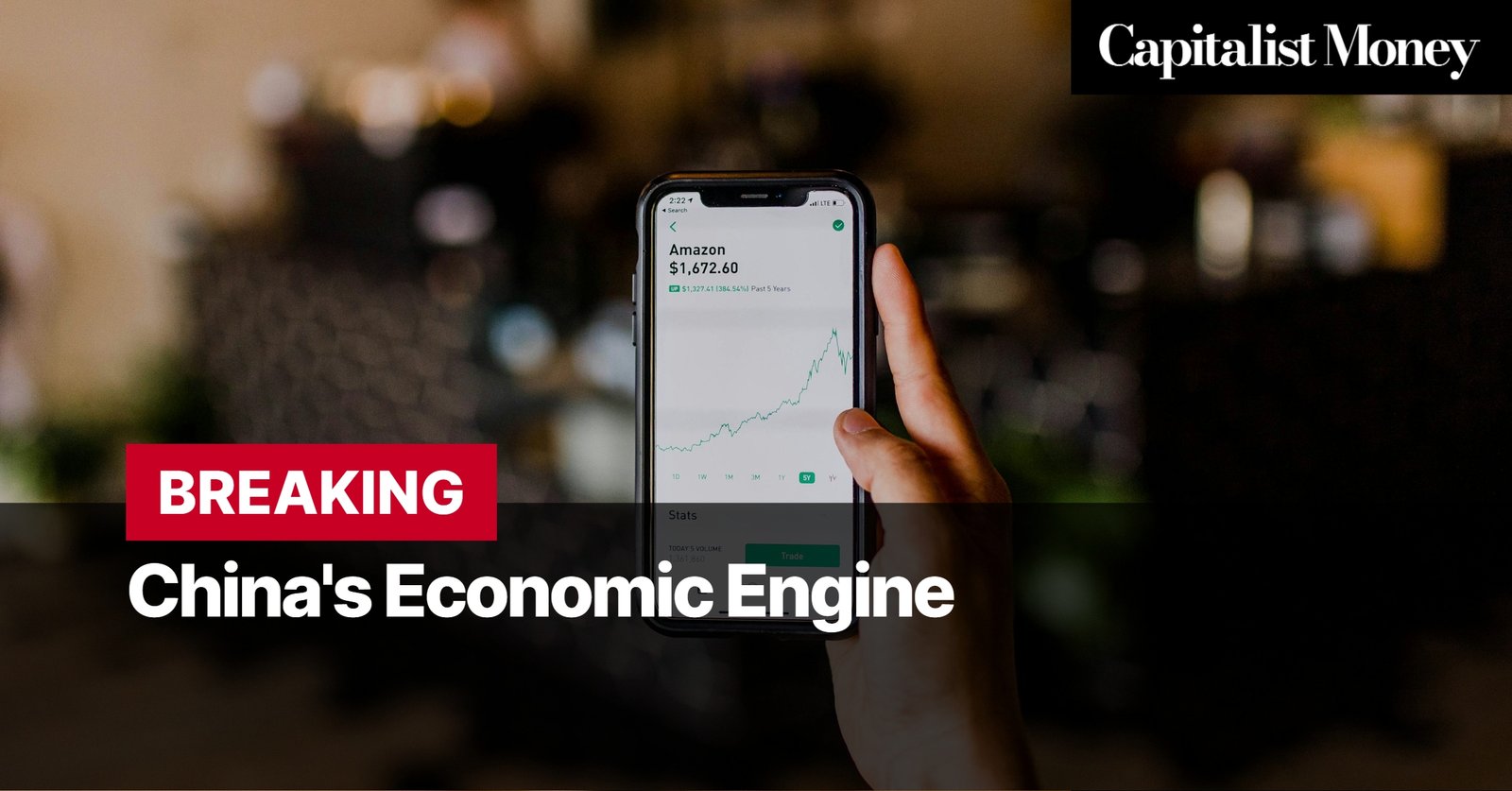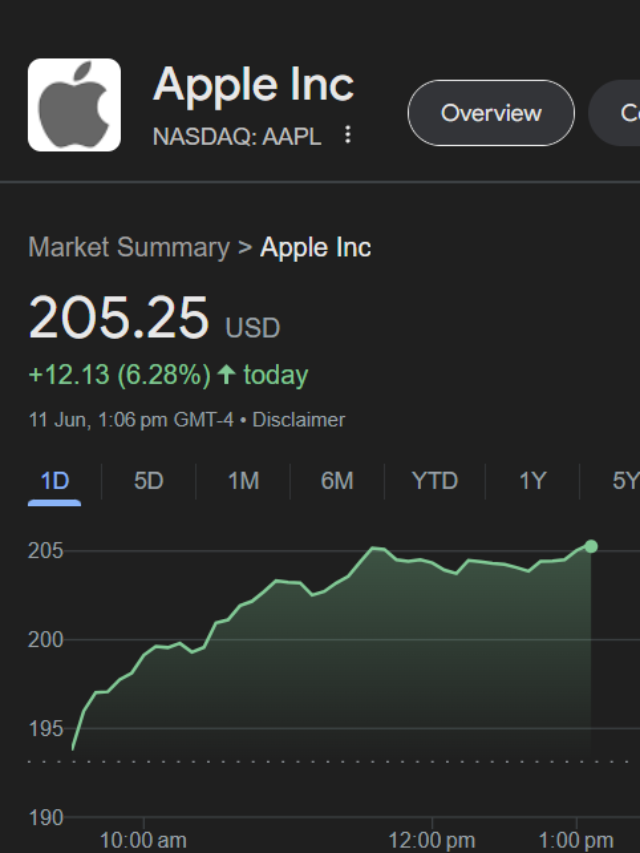China’s economy continues to demonstrate resilience in 2024, registering growth driven largely by a robust industrial sector and a surge in exports. This reliance on external demand, however, underscores a concerning trend – the Chinese economy’s continued dependence on a single engine for growth.
While exports have shown remarkable vitality, a persistent weakness in domestic consumption casts a shadow over the long-term outlook. Despite government initiatives aimed at stimulating consumer spending, the aftermath of the real estate bubble continues to dampen sentiment.
The burst of the property bubble, a significant contributor to economic activity in previous years, has left a lingering impact on consumer confidence and spending patterns.
While trade volume has soared, Chinese companies are facing a challenging reality. The relentless pursuit of market share has led to price cuts, ultimately diminishing the financial gains from export growth.
This trend raises questions about the sustainability of this export-driven growth model and the need for a more balanced economic strategy that fosters domestic demand.

Exports Remain a Bright Spot, But Concerns Linger
Export figures due this week will offer crucial insights into the strength of China’s trade sector in July. Initial indicators suggest a potential uptick, highlighting the continued importance of exports as a driver of economic growth.
Shipping volumes from Chinese ports soared in the first half of the year, with container freight rates experiencing a significant surge. This surge fueled exports across a range of goods, from automobiles to steel and consumer products.
Domestic Challenges and Growth Uncertainties
However, a closer look reveals a more nuanced picture. Manufacturing survey data has presented a mixed outlook, with a decline in overall factory activity.
Notably, the Caixin index, which places a greater emphasis on private firms and exporters, contracted unexpectedly for the first time in nine months. This concerning trend underscores the fragility of the manufacturing sector, particularly in light of the government’s limited support for domestic consumption.
Inflation figures are expected to remain subdued, with producer prices continuing their downward trajectory for the 22nd consecutive month. This persistent deflationary pressure raises further concerns about the overall health of the Chinese economy.
The reliance on exports as a primary engine of growth has led analysts to revise their growth forecasts downward. Concerns about weak domestic demand and the potential for diminishing returns from exports are weighing on sentiment.
Bloomberg Economics emphasizes that while exports may have seen a temporary boost in July, they are unlikely to be the catalyst for accelerated GDP growth. The firm underscores the need for additional stimulus measures to reignite domestic demand and achieve the government’s 5% growth target for 2024.
A Balancing Act for Sustainable Growth
China’s economic performance in 2024 underscores a persistent reliance on exports, leaving the nation vulnerable to external shocks and highlighting the imperative for a more balanced economic model. While industrial production and trade have provided a lifeline, the lackluster domestic consumption presents a formidable challenge.
The absence of robust domestic demand is a cause for concern, demanding proactive policy interventions to invigorate consumer spending. The government’s ability to stimulate internal consumption and reduce dependence on external markets is paramount for sustained economic expansion.
The global economic landscape also casts a shadow over China’s prospects. Uncertainties in the international trading environment and potential risks arising from geopolitical tensions could dampen export growth and necessitate strategic adjustments.
The coming weeks will shed light on the effectiveness of policy measures, offering crucial insights into China’s economic trajectory and its capacity to navigate these challenges. By fostering a more balanced economic structure, China can strive for sustainable growth, mitigating its reliance on exports and bolstering its resilience to external fluctuations.
- Amad Diallo’s Rise and Manchester Derby Excitement
- Navigating the 2024 and 2025 Tax Landscape: Brackets, Rates, and Planning Ahead
- Palantir: From Shadows to Spotlight, Navigating Controversy and Innovation
- The Relentless Myles Garrett: Battling Through Injury in Browns’ Loss
- Luka’s Triple-Double Dominates as Mavericks Outgun Warriors in Three-Point Barrage



















